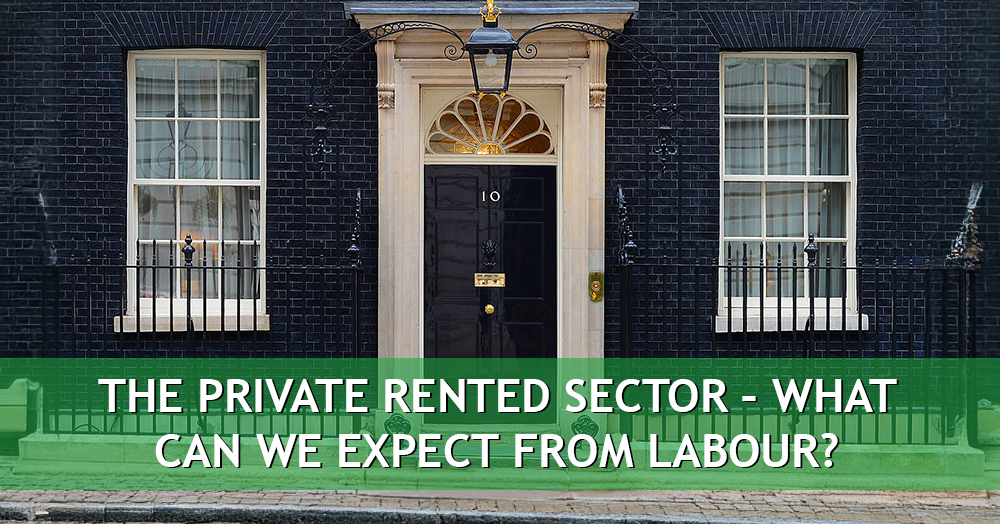
🏠 The Private Rented Sector – What can we expect from our new government? 🏠
The reform of the private rented sector has been debated for years with constant legislation changes, so what can we now expect from Labour? 🤔
The General Election has returned the Labour Party to power, ending 14 years of a Conservative government. Here we look at what changes the private rented sector may see. 📊
Renter’s Reform 📝
Licensing for letting agents and a new code of practice is part of the agenda and is likely to be a central part of any new Bill. Labour has previously committed to producing a PRS White Paper within 100 days of taking office which we expect, amongst other things, to cover:
• The removal of Section 21
• A tenant’s rights to have pets 🐾
• A tenant’s right to alter a rented home
• Rent arrears becoming a discretionary ground
• A national register of landlords
• A tenant’s right to request speedy repairs
• A four-month notice period for landlords
• Making deposits portable between tenancies
• A legally binding Decent Homes Standard (we’d expect to include Awaab’s Law requiring private landlords to act to eradicate mould and household hazards within a strict time frame)
Labour also aims to make longer-term tenancies the norm, so steps to move towards this are likely to be part of their plans. 📅
Tax 💰
Section 24 of the Finance Act removed mortgage interest relief for Landlords in 2015. In doing this the government increased landlords' costs significantly, which not only acted as a disincentive for people considering investment in the private rental sector, but also caused an increase in rents to tenants as these costs were passed on. Since then the industry has called on the government to look at landlords as small businesses and allow them to claim 100% of their mortgage interest when filing their tax returns. We have no information if our new government plans to take heed of these requests.
Rental Bidding Wars 🔄💸
Labour proposes to make it unlawful for landlords or letting agents to initiate a bidding process to increase rent further, however, tenants won’t be prevented from voluntarily offering to pay more. There is minimal detail about how this will work in practice, or how it could be enforced. The market could see a one-off upward adjustment in rents to compensate for the prices landlords may expect to achieve from a bidding process. When a similar policy was introduced in New Zealand in 2021, rents continued to rise strongly.
Courts ⚖️
Despite commitments to abolishing Section 21, there is no detail on how capacity in the legal system will be improved to cope with this. Currently, around a third of all possession cases are Section 21 (of the Housing Act 1988) notices which are ‘accelerated’ claims that bypass the court system. Plans to remove Section 21 and extend alternative grounds for possession will mean many more cases will go through the courts.
Conclusion 🏁
We are waiting for the full details of any changes to our sector, and when and how these will be implemented. When we have further information, we will update our community. In the meantime, should you have any rental related queries please do not hesitate to contact the office. We are here and ready to help. 🤝
📞 01474 321957
📧 lettings@mandmprop.co.uk